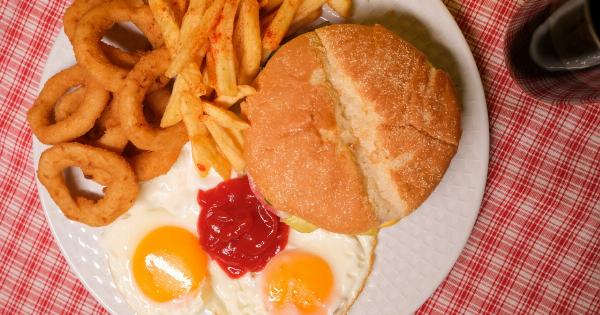Pregnancy is a period of intense care and responsibility for the health of both the mother and the developing baby. Expecting mothers are often cautious about their dietary choices, as certain foods and beverages can potentially harm the baby.
Soft drinks, known for their high sugar and caffeine content, have raised concerns among pregnant women. This article aims to explore whether it is safe to consume soft drinks during pregnancy or if it is better to avoid them for the well-being of both the mother and the baby.
Understanding Soft Drinks
Soft drinks, commonly referred to as sodas or carbonated beverages, are flavored carbonated drinks that are widely popular around the world. These beverages include cola, lemon-lime sodas, root beer, and various fruity flavors.
They are typically sweetened with high-fructose corn syrup or artificial sweeteners.
What Makes Soft Drinks Potentially Harmful During Pregnancy?
Soft drinks pose several potential risks to pregnant women and their unborn babies:.
- High Sugar Content: Soft drinks are notorious for their high sugar content. Regular consumption of sugary beverages can contribute to excessive weight gain during pregnancy and increase the risk of gestational diabetes.
- Empty Calories: Soft drinks provide very little nutritional value and are often referred to as “empty calories.” This means that they contribute to weight gain without offering any essential nutrients.
- Caffeine: Many soft drinks contain caffeine, which is a stimulant that can cross the placenta and reach the baby. High caffeine intake during pregnancy has been associated with an increased risk of preterm birth and low birth weight.
- Artificial Sweeteners: Some soft drinks, marketed as diet or zero-calorie options, use artificial sweeteners such as aspartame or sucralose. While these sweeteners are generally considered safe during pregnancy, it is important to moderate their consumption.
- Dehydration: Soft drinks can contribute to dehydration due to their considerable caffeine content, as caffeine acts as a diuretic. It is crucial for pregnant women to stay properly hydrated for the well-being of both themselves and the baby.
Safe Alternatives During Pregnancy
While soft drinks are best avoided during pregnancy, there are plenty of safe and healthy alternatives:.
- Water: Staying hydrated with plain water is the best choice for pregnant women. It aids in digestion, maintains amniotic fluid levels, and helps prevent common pregnancy complaints like constipation and swelling.
- Herbal Teas: Many herbal teas, such as ginger or peppermint tea, are safe to consume during pregnancy and can provide refreshing and soothing effects.
- Fruit Infusions: Infusing water with slices of fruit or herbs can add a burst of flavor without the high sugar content. Cucumber and lemon make for a particularly refreshing combination.
- Natural Fruit Juices: Opting for freshly squeezed juices or 100% fruit juices without added sugars can provide essential vitamins and minerals.
- Milk and Dairy Products: Milk and dairy products are excellent sources of calcium and protein, which are crucial for the baby’s bone development.
Conclusion
While occasional consumption of soft drinks during pregnancy may not pose significant risks, it is generally advised to limit or avoid their intake due to their high sugar and caffeine content.
Staying well-hydrated with water, choosing healthier alternatives like herbal teas or fruit infusions, and focusing on a well-balanced diet are essential for the overall health and development of both the mother and the baby.





























